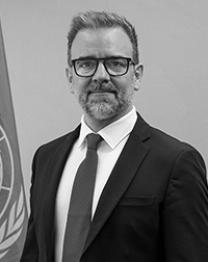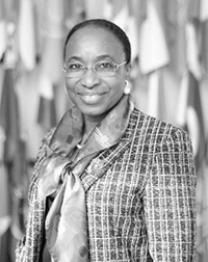LDC5 side event: A new generation of industrial policies for LDCs
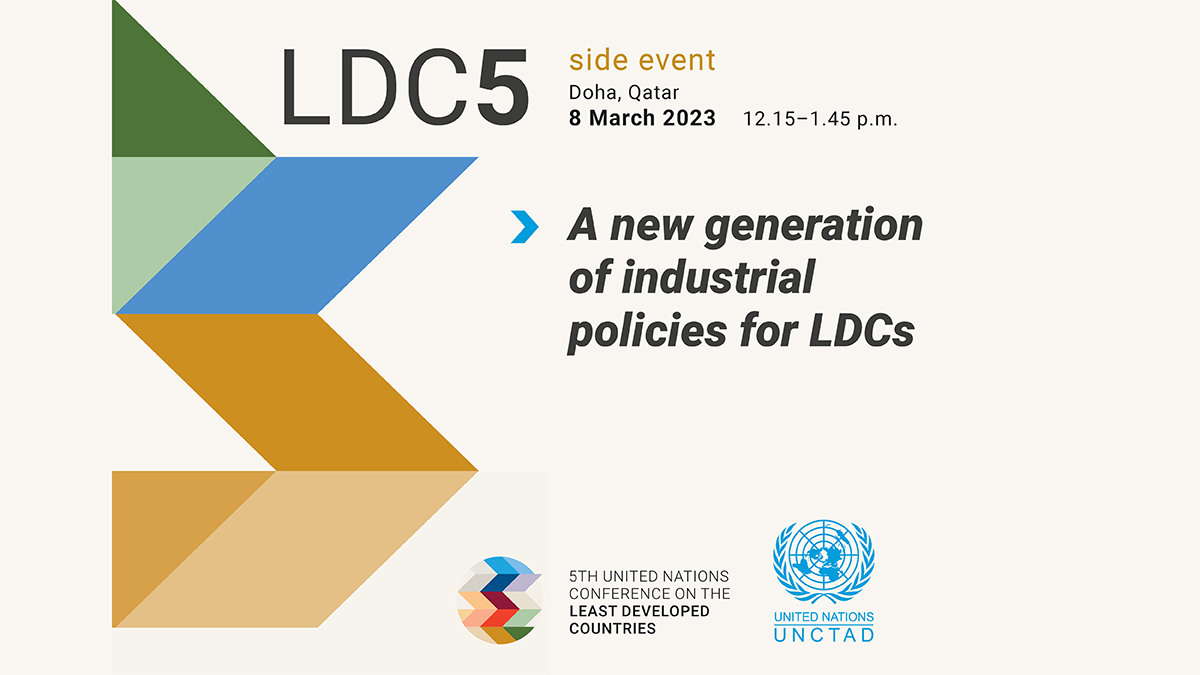
This event will discuss possible industrialization pathways for LDCs and the policies they require.
This refers to a new generation of industrial policy measures and the modalities in which LDCs can implement these measures to spur sustainable industrial development, innovation, structural transformation and build resilience in the post-COVID context.
The expected outcome of the event is recommendations for an industrial policy agenda for LDCs that fosters structural transformation in LDCs era and helps these countries advance towards graduation with momentum.
Concrete outputs include:
- Increased awareness of policymakers of LDCs and their development partners of the crucial contribution that industrial policies make to the implementation of the DPoA;
- Formulation of new ideas and proposals for industrial policies adapted to the realities and needs of LDCs in the 21st century and to the evolving global realities; and
- Support to LDCs’ processes of structural transformation to achieve graduation with momentum.
Mr. Pedro Manuel Moreno of Spain, is Deputy Secretary-General of UNCTAD.
He has over 20 years of experience of working for multilateral and intergovernmental organizations in programme, management and strategic positions both in the field and at headquarters.
He was Deputy Secretary-General of the Communication for Development Committee at the Spanish National Commission with the United Nations Educational, Scientific and Cultural Organization (1999-2004), and for the United Nations Development Programme, at the Country Office in Ecuador and, in New York City, as part of the Human Development Report team, at the Regional Bureau for Latin America and the Caribbean and at the Executive Office.
In 2014, he was appointed Chief of Staff of the Ibero-American Conference in Madrid, where he coordinated key political processes and South-South cooperation projects.
In September 2021, he was named Chief of Staff and Director of the Office of the Secretary-General of UNCTAD.
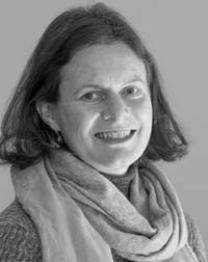
Fiona Tregenna holds the DST/NRF South African Research Chair in Industrial Development and is a Professor of Economics at the University of Johannesburg.
She has a Ph.D. in Economics from the University of Cambridge, a Master’s degree in Economics from the University of Massachusetts, and earlier degrees from the Universities of the Witwatersrand and Natal (now KwaZulu-Natal).
Her primary research interest is in issues of structural change, deindustrialisation and industrial development. She has also published on poverty, inequality and unemployment. Fiona has received a number of awards and grants for her research, she holds a B rating from the NRF is an elected member of the Academy of Science of South Africa (ASSAf).
She is a part-time Member of the Competition Tribunal where she adjudicates competition cases, and she serves on a number of boards and advisory panels and councils. In the past she has worked for among others the National Labour and Economic Development Institute, the Congress of South African Trade Unions and several universities.
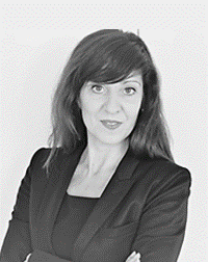
Annalisa Primi is the Head of the Division on Economic Transformation and Development of the OECD Development Centre. She is the Head of the OECD Policy Dialogue Initiative on GVCs) Production Transformation and Development.
She joined the OECD in 2009, and previously to the Development Centre, she worked as economist for the Directorate of Science, Technology and Industry and for the Directorate for Public Governance and Territorial Development. From 2003 to 2009 she was Associated Expert Economic Officer at the United Nations Economic Commission for Latin America and the Caribbean (CEPAL), in Santiago, Chile.
Ms. Fatou Haidara is Deputy Director-General of the United Nations Industrial Development Organization (UNIDO).
She has had an extensive career as a strategic partnerships and policy envoy. Prior to joining UNIDO, she served the Government of Mali for eight years in several ministerial positions, including as Minister of Employment and Vocational Training and Minister of Industry, Trade and Private Sector Development.
At UNIDO, Ms. Haidara led and coordinated UNIDO's contribution in a number of multilateral negotiations culminating in resolutions that have set the foundation for inclusive and sustainable industrial development (ISID).
She has promoted and contributed to UNIDO's programmes in Africa, cooperation with Least Developed Countries, expanding South-South Cooperation as well as initiating and leading programmes for Human Security, Youth Employment and the Economic Empowerment of Women.
H.E. Dr. Fitsum Assefa Adela is Minister of Planning and Development of Ethiopia.
She is at the centre of the country's key development planning and policymaking office and exerts leadership in economic policies, plans and programs, including the crafting and implementation of Ethiopia's home-grown economic reform and its ten-year development plan.
She is core member of the National Macroeconomic Committee, the government's representative in the Independent Council of Economic Advisors, and a board member of the Commercial Bank of Ethiopia.
Dr. Fitsum was previously a professor for more than a decade at Hawassa University in Ethiopia, where she conducted several impactful interdisciplinary studies focusing on environment and development, technology adoption, and poverty analysis with a focus on institutional factors.
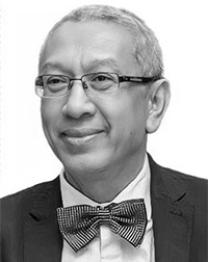
HE Mr. Chhem Kieth Rethy is Minister Delegate Attached to the Prime Minister and Secretary of State, Ministry of Industry, Science, Technology and Innovation of Cambodia.
He oversees the National Institute of Science, Technology and Innovation (NISTI) and the National Institute of Diplomacy and International Relations (NIDIR) and serves as member of the Board of Trustees of the Cambodia Academy of Digital Technology.
He is a distinguished visiting professor at the Royal University of Phnom Penh, Atomic Bomb Disease Institute, Nagasaki, Hiroshima and Fukushima Medical University.
Previously, he was a Professor of Radiology in Canada, Singapore, Austria and Japan for 30 years. Prof. Rethy is a medical doctor, science diplomat, educator and historian with extended experience in Digital Science and Technology, Global Health Diplomacy, Nuclear Technology Policy, and Executive Education.
He was the Director of the Division of Human Health at the International Atomic Energy Agency (IAEA) from 2008 to 2014. He has published more than 100 scientific articles, edited 17 textbooks and has been invited as a keynote speaker in more than 70 countries.



